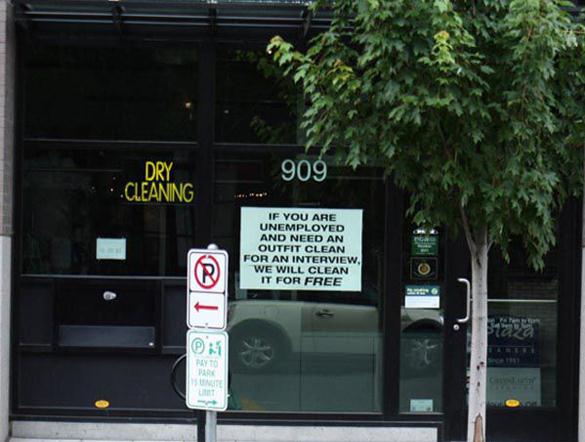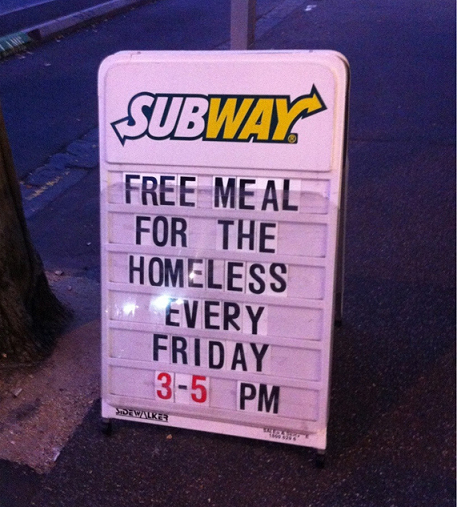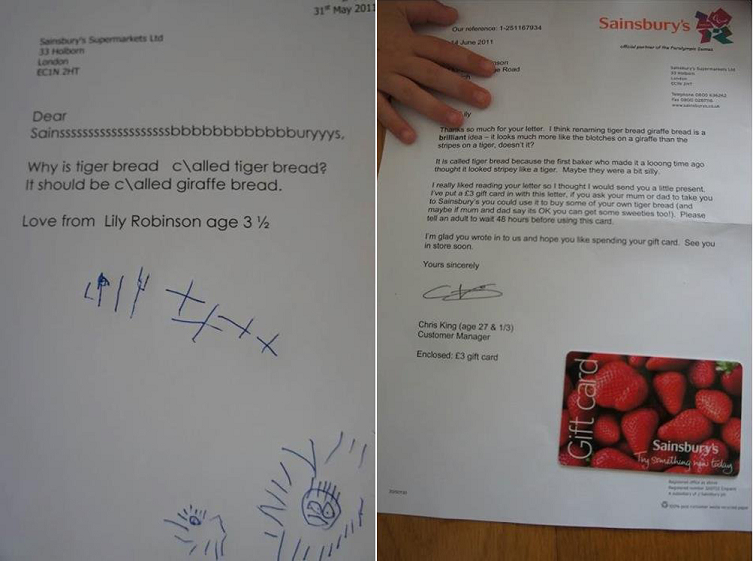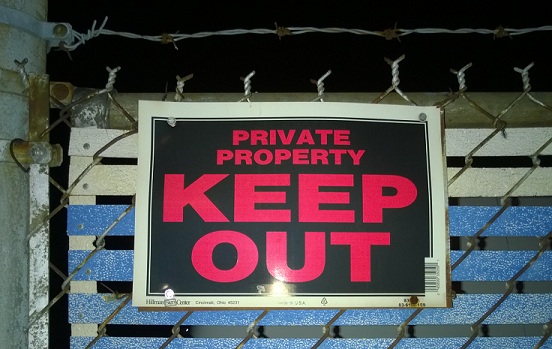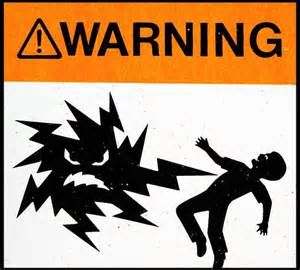As you may already know, storytelling can be a powerful tool in any marketer’s repertoire. Crafting and telling engaging stories is an important skill to develop. A good story can neutralize the automatic resistance that arises when people feel like someone is “selling” something by engaging their minds in a different way than ad-speak and sales pitches do.
Let’s look at this issue from a different angle. Even when you’re telling a great story about your business or personal brand, there is something important you have to deal with. Allow me to introduce the idea with a quote from Perry Marshall.
“Stories run deep. If you want to change the story you’ve been in to the story you want to be in, it’s best to just assume it’s going to take everything you’ve got. If there’s a resource that is capable of improving your story, you should avail yourself of it.”
Everyone is the protagonist of his or her own story. The story is his world and how he sees his place in it. It’s how she thinks about herself. Every day the plot progresses, characters come and go, and so forth.
The story you want to tell as a business owner, service provider, etc., doesn’t matter at all unless it intersects with your customers’ individual stories.
That’s why your selling and marketing has to be about them.
Think about it: no matter how interesting and compelling a story about lipstick may be, most men are never going to buy the product. We may enjoy the dramatic unfolding of the plot or be fascinated by the characters involved, but we’re not buying. It doesn’t impact our story as masculine individuals.
Plot Development
Every story has conflict. The main character is seeking something she wants or needs, or she’s fighting against the bad guy.
Let’s look at an example that most of us are familiar with. In the recent movie Captain America, the hero Steve Rogers starts out as less-than hero material. He’s scrawny, frail and completely unable to do the one thing he desperately wants to do: join the army and serve his country. Watching the first few scenes, you get a good grasp of the story Rogers is living in. Do you know your customers that well?
Enter Dr. Erskine, a brilliant scientist who can change the protagonist’s entire story around. He can get him into the army and give him the physical prowess to become a true force on the battlefield.
In movies and novels, magical or futuristic scientific elements, like Dr. Erskine’s technology, are often used to cause a major change and push the narrative forward. Why can’t your product or service fill that role? If you genuinely solve problems, create opportunities and improve people’s lives, you can enter your customers’ story right at that point of need.
The magic is that you’re helping people get something they’re struggling without, or helping them eliminate issues they can’t handle by themselves.
Eucatastrophe
Eucatastrophe is a term coined by J.R.R. Tolkien. He used the word to describe a “sudden happy turn in a story which pierces you with a joy that brings tears.” It is a fortuitous event which leads to the hero overcoming the conflict in the story, leading to the happy ending he always had in mind.
Your business can be a eucatastrophe in the story of your target audience. You can be the person or team who helps them attain the things they’ve been dreaming of. Those dreams may seem impossible, but you can enter their stories and bring the untouchable within reach.
Here are a few ideas to keep in mind.
1) You are never the hero of the story. You’re the “plot device” that empowers the hero (your customer) to get to “happily ever after.”
2) Yes, I’m going to keep saying this: you have to know your audience. You have to know who needs what you’ve got.
The better acquainted you are with their pains and aspirations, the more equipped you’ll be to enter their story at the appropriate point and provide awesome results when you get there.
3) Don’t be an uninvited guest in the story. In Captain America, Dr. Erskine didn’t kidnap Rogers and perform his experiments. He gave him the option. Of course he’d say “yes” because the offer was exactly what he was already hoping for.
Even if something is good for people, forcing it on people won’t work well. Offer your product or services in a way that enables those who want what you’re selling to come to you.
4) Dr. Erskine also used a weeding-out process to select the right candidate to become his super-soldier. He didn’t want to work with just anyone.
To protect your story (and sanity), be selective about who you target and work with. You may have to turn down deals and reject clients. Set your standards and stick to them.



